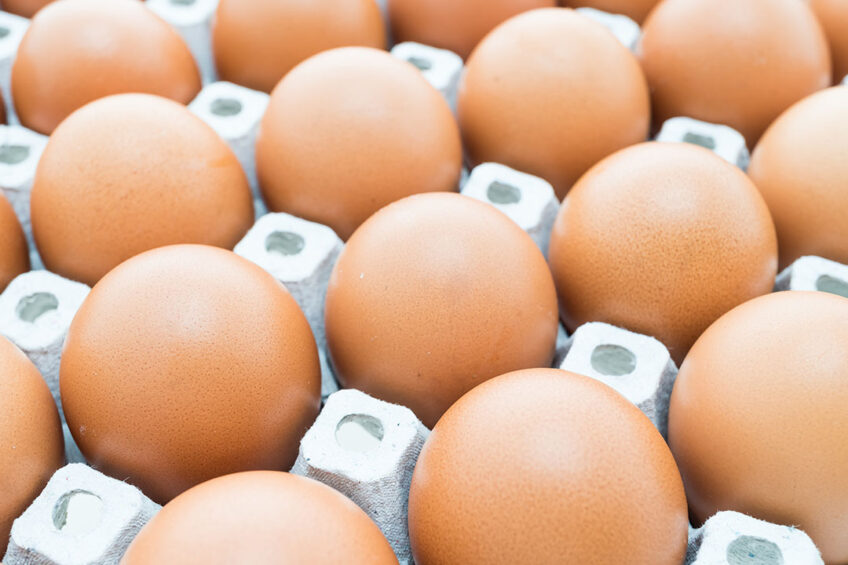Italian egg farmers benefit from a shrinking number of UK producers

Italian egg producers are being courted by UK supermarkets scrambling to replace products lost due to declining domestic production.
British media reported the arrival of Italian eggs on UK retail shelves amid allegations that UK producers said that Italian barn eggs are kept in cages, albeit with the cage doors removed.
Sirio Lionello, president of Eurovo, Italy’s largest egg producer, denied the allegations: “That’s totally false – we don’t do that. We keep 9 hens per square metre as per European Union rules.”
Gian Luaca Bagnara, head of the Italian industry association Assoavi, said the difference between Italian and UK producers was that Italian egg farmers complained to its government, which invoked an EU rule prohibiting supermarkets from paying below cost price: “That rule keeps us in business,” he added.
Cheap food vs food security
Robert Gooch, chief executive of the British Free Range Egg Producers Association, said many UK producers had halted production to avoid selling at a loss. “Last year, it cost us £1.40 to produce a dozen eggs, but the supermarkets insisted on continuing to pay just £1.” He added that similar British legislation could have been used, but the UK government chose not to: “Our government is more interested in cheap food than food security,” he said.
Towards the end of last year, supermarkets began to offer more money to UK producers, but by then, destocking meant that there were fewer hens around.
High borrowing rates
Stock repopulation is taking place, but there has been little appetite in the UK for new builds or extensions due to the high borrowing rates and inflation build costs. This has changed slightly in the past 6 weeks, according to Ian Pick of specialist planning consultants Ian Pick Associates. But, there is a long way to go.
“We certainly have not been inundated with enquiries for any free-range building applications, either as new builds or extensions. Given that borrowing rates are still upwards of 6% and with 40% inflation on build costs, we have a long way to go until recovery starts to take effect,” he told specialist media.
Oliver Grundy, from JHG Planning, agreed, saying the sector had not improved massively: “We still see high materials and energy costs precluding big investments in new units, although it is slightly busier than last year.”
An 18-month struggle
Martin Humphrey of Humphreys Feed and Pullets said that while there were few new building applications in the pipeline, the company was at full capacity for pullets until year-end.
“So many producers have fallen out of the natural cycle, either due to putting a halt on restocking until the prices improved or because of an enforced absence due to avian influenza or salmonella. However, as pullet rearers, we cannot just switch on production to meet unplanned new demand. Other rearers are similarly full. It is just not possible to suddenly ramp it up as demand comes back.”
As a result, the industry expects empty shelves with retailers struggling to source UK eggs for up to a further 18 months.













